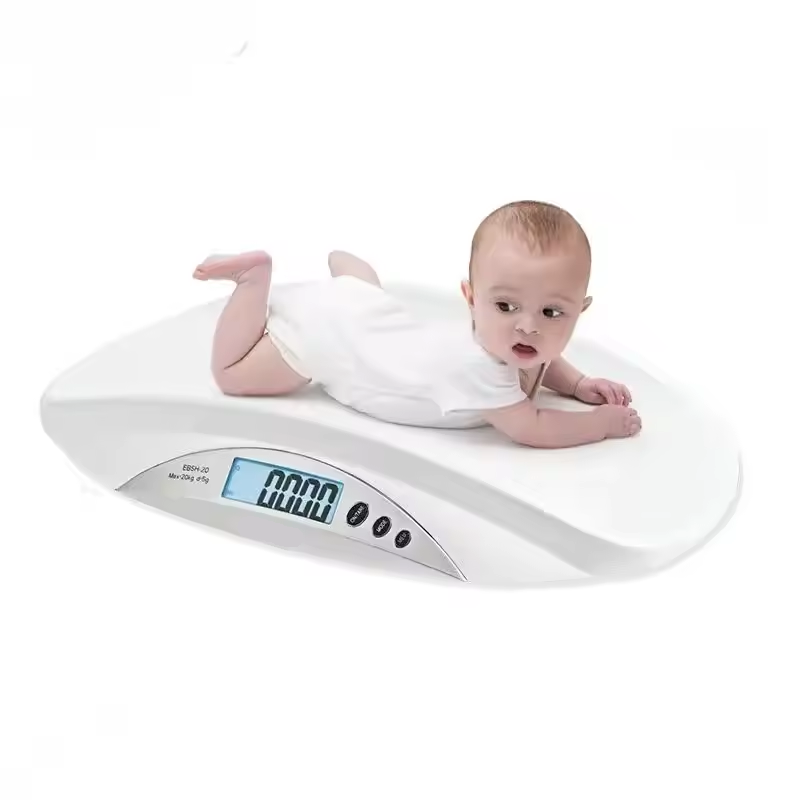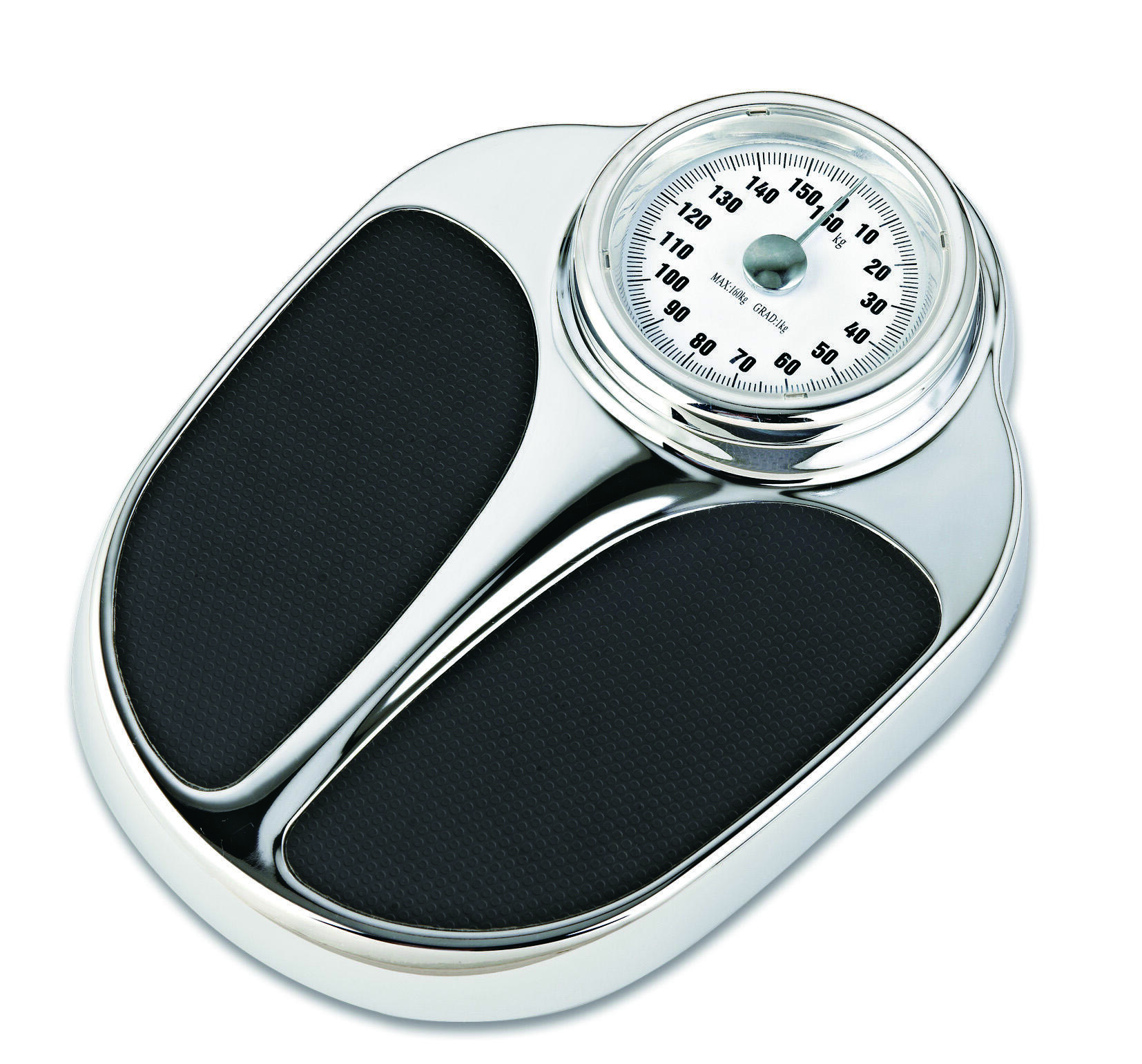Understanding the Critical Role of Infant Weight Monitoring
Monitoring a baby's growth during the first few years of life is one of the most important aspects of ensuring healthy development. Baby scales serve as essential tools in this journey, providing parents and healthcare providers with vital information about an infant's growth patterns. Modern baby scales have evolved significantly, offering precision and features that help track a child's progress with unprecedented accuracy.
The Technology Behind Modern Baby Scales
Digital Innovation in Weight Measurement
Today's baby scales incorporate advanced digital technology that delivers precise measurements within seconds. These devices use sophisticated load cells and sensors to convert weight into accurate digital readings. Many modern baby scales can measure weight differences as small as 0.5 ounces, making them incredibly reliable for tracking even minimal changes in a baby's weight.
Calibration and Accuracy Features
Professional-grade baby scales undergo rigorous testing and calibration processes to ensure their accuracy. Many models feature auto-calibration systems that maintain precision over time. The best baby scales include zero-reset functions and movement compensation technology, which helps account for a baby's natural wiggling during weighing sessions.
Advanced models also incorporate temperature compensation mechanisms, ensuring accurate readings regardless of environmental conditions. This is particularly important in clinical settings where consistent measurements are crucial for medical assessment.

Essential Features for Reliable Weight Monitoring
Design Elements That Enhance Accuracy
The physical design of baby scales plays a crucial role in their accuracy. Wide, concave weighing platforms help keep babies properly positioned and secure during measurement. Anti-slip surfaces and raised edges prevent movement that could affect reading accuracy. Some baby scales feature detachable trays that can be used for older infants who can sit independently.
Smart Technology Integration
Modern baby scales often come equipped with smart features that enhance their utility. Bluetooth connectivity allows for automatic data recording and tracking through smartphone apps. Some models can store multiple babies' weight histories, making them ideal for families with twins or medical practices. These digital capabilities help identify growth trends and patterns that might be missed with manual tracking.
The Impact of Regular Weight Monitoring
Medical Benefits and Early Detection
Consistent weight monitoring using accurate baby scales can help identify potential health issues early. Healthcare providers rely on precise weight measurements to assess feeding adequacy, growth rate, and overall development. Regular weighing can alert parents and doctors to problems like failure to thrive or excessive weight gain, enabling timely intervention when necessary.
Supporting Breastfeeding Success
For breastfeeding mothers, baby scales prove invaluable in ensuring adequate milk intake. By weighing before and after feeding sessions, parents can calculate exactly how much milk their baby consumes. This information helps address feeding concerns and supports successful breastfeeding relationships. Many lactation consultants recommend having access to accurate baby scales during the early weeks of breastfeeding.
Choosing the Right Baby Scale
Professional vs. Home Use Considerations
When selecting baby scales for different settings, accuracy requirements may vary. Medical facilities typically need scales that meet specific certification standards and offer higher precision. Home-use baby scales should balance accuracy with practical features like portability and ease of cleaning. The best choice depends on intended use, frequency of measurements, and specific monitoring needs.
Maintenance and Calibration Requirements
To maintain accuracy over time, baby scales require proper care and regular calibration. Digital scales should be placed on flat, stable surfaces and protected from extreme temperatures. Professional models may need periodic certification and calibration by qualified technicians. Regular cleaning and battery maintenance ensure consistent performance and reliable measurements.
Future Developments in Baby Scale Technology
Artificial Intelligence and Predictive Analytics
The next generation of baby scales may incorporate AI technology to predict growth patterns and provide personalized insights. Machine learning algorithms could analyze weight data alongside other health metrics to offer comprehensive development tracking. These advances could revolutionize how we monitor and support infant growth.
Enhanced Connectivity and Data Integration
Future baby scales will likely feature improved integration with healthcare systems and personal devices. Real-time data sharing with pediatricians, automated growth chart updates, and advanced analytics tools could become standard features. This connectivity would enable better coordination between parents and healthcare providers while simplifying record-keeping.
Frequently Asked Questions
How often should I weigh my baby at home?
For healthy, full-term infants, weekly weighing during the first month and monthly thereafter is typically sufficient. However, follow your healthcare provider's specific recommendations, as some situations may require more frequent monitoring.
What affects the accuracy of baby scales?
Several factors can impact scale accuracy, including uneven surfaces, temperature fluctuations, movement during weighing, and improper calibration. Using the scale on a flat, stable surface and ensuring regular maintenance helps maintain accuracy.
Should I purchase a baby scale for home use?
A home baby scale can be valuable for monitoring growth between pediatric visits, especially for preterm infants or those with special medical needs. Consider factors like frequency of use, budget, and your healthcare provider's recommendations when making this decision.

